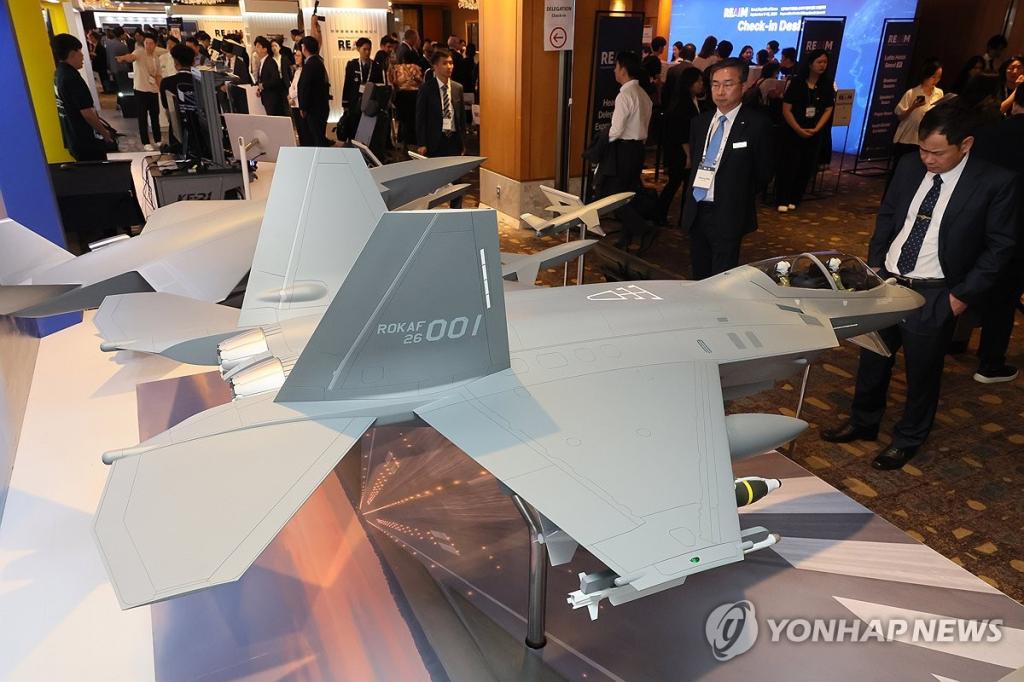Responsible Military AI Use Emerges at Global Summit
Explore the critical outcomes of the 2024 REAIM Summit, focusing on responsible military AI use and the need for global governance.

Key Points
- The 2024 REAIM Summit gathered over 90 countries to establish a blueprint for responsible military AI use amid growing global concerns.
- Key focus areas included ensuring human control over AI decisions, implementing risk assessments, and preventing the misuse of autonomous weapons.
- Global collaboration is essential to develop ethical guidelines for military AI, promoting international peace and security.
As artificial intelligence (AI) technologies rapidly evolve, their integration into military practices has sparked essential dialogues worldwide. The recent 2024 REAIM Summit held in Seoul saw participation from over 90 countries, including powerhouses like the United States and China. This gathering marked a significant moment in the quest for establishing a blueprint for responsible AI use in military contexts.
The Urgency of Regulation
This summit, the second of its kind following the inaugural event in
last year, arises against a backdrop of increasing AI utilization in conflict zones. For instance, both Ukraine and Russia have harnessed AI-driven technologies to enhance their military capabilities. According to experts, as technological advancements continue, the need for comprehensive international regulations becomes urgent.

Key Focus Areas of the Summit
The discussions at the summit centered around several pivotal issues:
- Human Oversight: Ensuring that humans remain in control over decisions made by AI in military applications.
- Risk Assessment Procedures: Outlining essential evaluations to manage potential threats from AI deployment.
- Preventing Proliferation of Autonomous Weapons: Agreements on avoiding the misuse of AI systems for developing weapons of mass destruction.
Defense Minister Kim Yong-hyun of South Korea emphasized the dual nature of AI technology, likening it to a "double-edged sword". While AI offers unprecedented capabilities to militaries, its misuse could lead to catastrophic consequences.

Driving Global Collaboration
The co-hosting nations of the summit, namely the Netherlands,
, Kenya, and the United Kingdom, aim to foster ongoing multi-stakeholder discussions. This collaborative spirit reflects a commitment to ensuring that no single nation predominantly shapes the guidelines for military AI use.
Past experiences have shown that without a unified approach, the militarization of AI could exacerbate global tensions and conflicts. As observed in the Ukraine-Russia war, the integration of AI in warfare has escalated tactical engagements, highlighting the pressing need for well-structured and responsible frameworks in military AI deployment.
A Wider Context: International Cooperation
The outcomes of the Seoul summit are expected to feed into broader discussions at international forums, including the
. The anticipated document titled "Blueprint for Action" aims to lay foundational principles for military AI use that promotes global stability.
Ultimately, fostering cooperation among nations is paramount in addressing the complex challenges posed by military AI. Public figures advocate for the strengthening of governance and collaboration to mitigate risks associated with autonomous weapons systems.
In summary, the 2024 REAIM Summit represents an important step towards establishing responsible practices in military AI use. As nations come together to discuss the implications of rapidly advancing technology, it is vital that they commit to shared principles that safeguard international peace and security. The world stands at a crossroads where the future of warfare and the ethical use of AI will be defined, encouraging us all to advocate for responsibility and collaboration in this new age.


